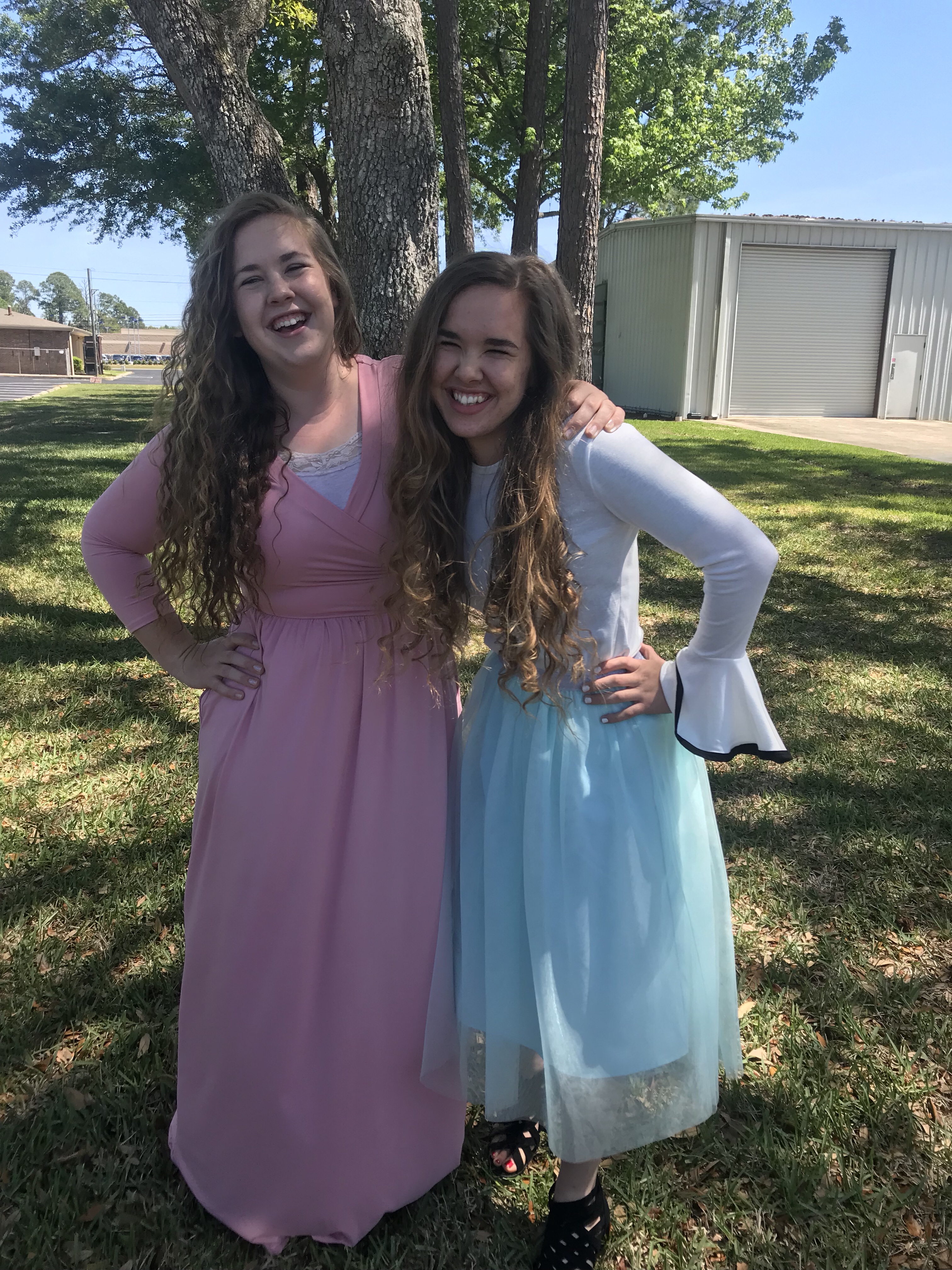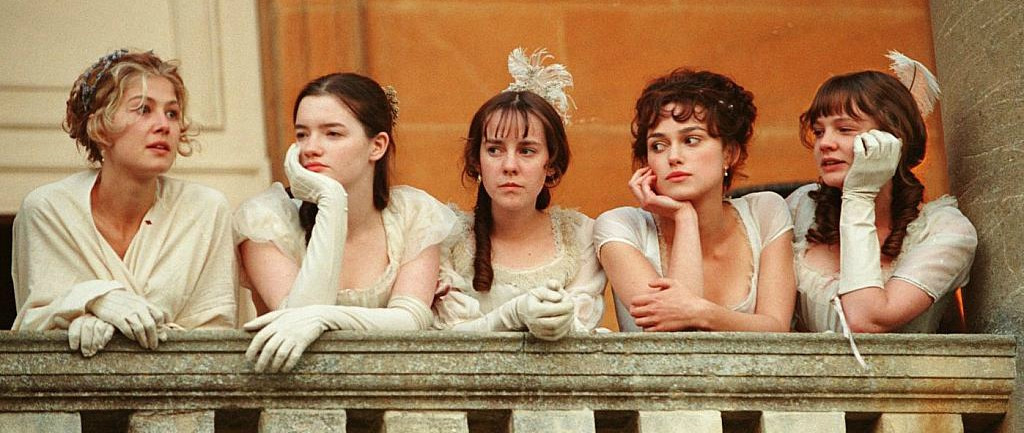Work Copied: Pride and Prejudice Chapter 4
Elizabeth and Jane’s relationship is one of my favorite elements of Pride and Prejudice. The way their personalities balance each other adds a sweetness and depth to the story. Jane blindly trusts everyone, and Lizzy misjudges those whom she does not understand. Both can use some balance, and as the story progresses it’s beautiful to watch them learn from each other.
In fact, Pride and Prejudice is as much about Jane and Elizabeth as it is about Darcy and Elizabeth. This is another aspect of Austen’s masterful use of character to prove a point she wanted to make.
I identify with this part of the book, as I have a sister close to my age as much different from me as Jane was from Lizzy.

She, by nature, keeps her mouth shut and her feelings inside; I speak out of turn and wear my emotions on my sleeve. She is steady; I am a born risk-taker. She prefers close, loyal friends; I love being social and reaching out to the world. Yet we have always been close.

Tanya is the one that I talk to if I am stumped on a life issue or just need someone to listen. She has always been my sounding board and my armor bearer, no matter how silly my adventurous plans were.
It’s wonderful to have another human so close to you in age and circumstance that she can see right through your deepest insecurities. No one will ever be to me like the one person who has always pushed me to fulfill my biggest dreams, and face each day with a steady spirit.
She texted me the other day because she realized that after being roommates for 17 years, I will be leaving for the first time this summer.
I replied with “Mi apartment es tu apartment”, but my eyes sweated a little.
I’ll never take for granted the fact that my sister has grown me more than any other human being ever has. Because we are opposite personalities, we had to learn to mesh well even when our perspectives contrast the most.
This one’s for you, Tanya.




